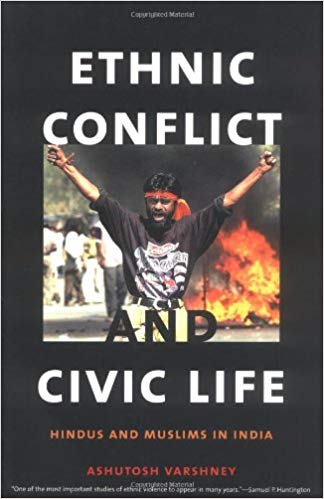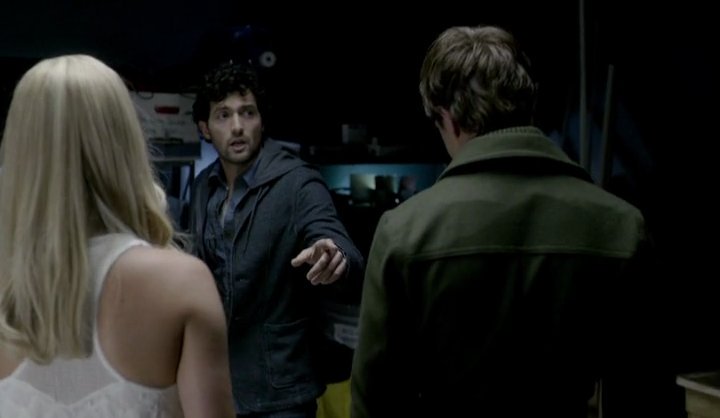How would you do on my Order & Violence midterm?
Students get these 4 questions on the first day of class and this afternoon will have to write up two of them: dropbox.com/s/s1oybx240lzh…
See this thread for the questions.
Then address just one of the following:
• In what ways does your explanation differ from common explanations for the conflict?
• If you are unsatisfied with these 5 explanations, or feel they are insufficient, discuss what might be missing from the framework
Pick any country today. Is it “politically developed”? Why or why not? In what ways? Note that a good answer will weigh all sides of the argument, and consider multiple dimensions of political development. Good answers will also have a clear sense of what “development” means
(You may use the notion we discussed in class — Amartya Sen’s capabilities/freedoms approach — or if you dislike this approach, you should feel free to articulate your own conception of “development”.)
We've discussed how, by the 15th century, Western Europe was in a position to dominate Africa and the Americas economically and militarily.
Now, you have been invited to a Thanksgiving dinner. When the men sitting beside you asks what you do, and you tell him you are
studying international development, he begins to explain that Western Europe was able to dominate Africa and the Americas because these places had an inferior culture, maybe even inferior genetics.
In plain language (as if you were talking to a layperson) how would you
respond? Focus on what we have learned so far in the class. What other explanations would you use to explain different development levels and trajectories between Europe and Africa/Americas around 1400?
We have discussed the historical origins of stronger states. Some theories emphasize initial conditions and endowments, other political competition (such as war making), and other emphasize intervention from outside powers (such as colonialism).
Do you think any of these historical explanations are relevant for understanding future state building? For example, suppose the World Bank asked you to write a short memo on what history teaches us about the prospects for today's weak states over the next hundred years
What lessons, if any, do you think you can draw from these historical processes of state building to predict whether and how the world's more fragile states can get stronger?


















